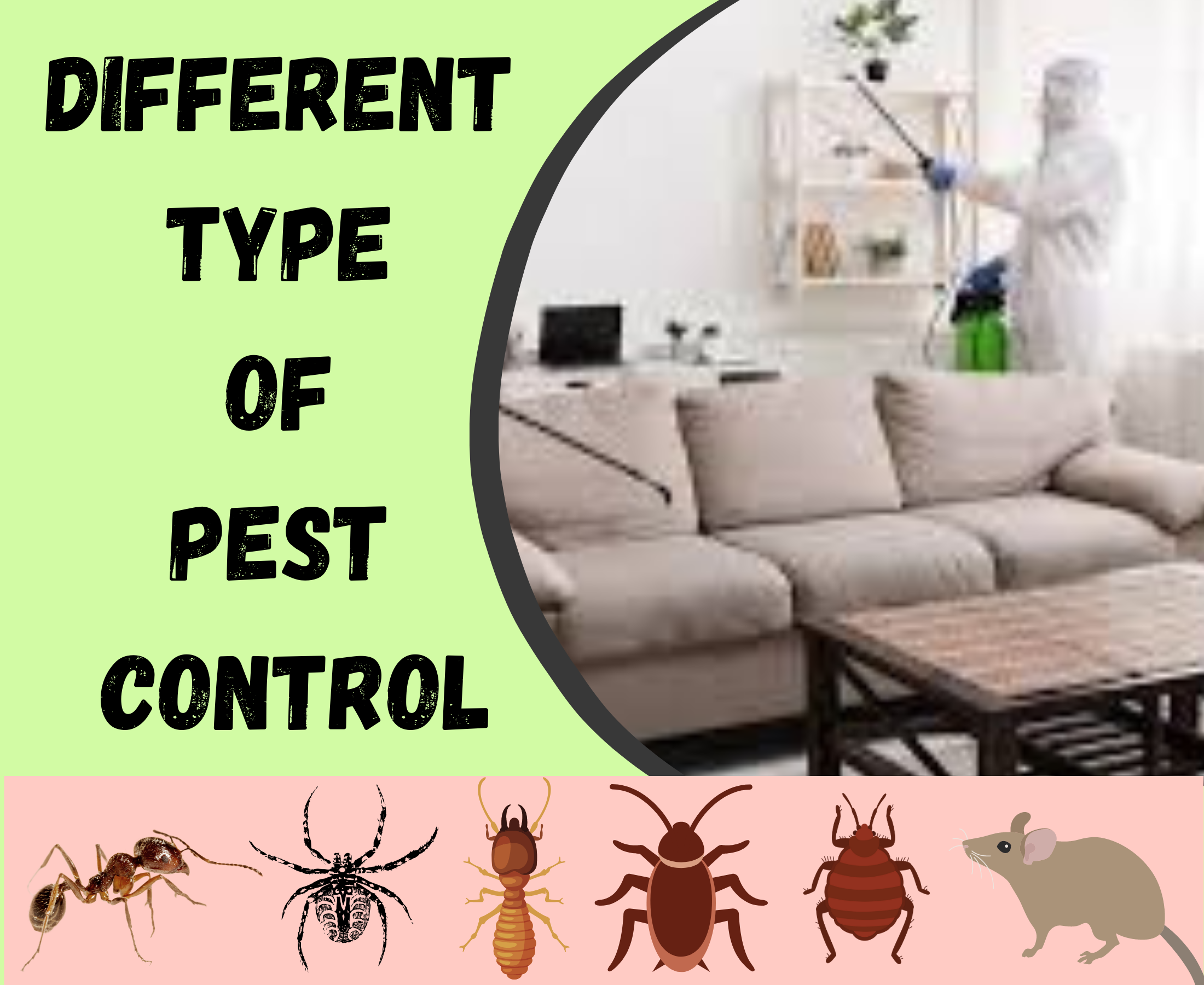Pest Control Fundamentals Explained
Pest Control Fundamentals Explained
Blog Article
More About Pest Control
Table of ContentsThe Facts About Pest Control UncoveredThe Facts About Pest Control RevealedPest Control - The FactsLittle Known Questions About Pest Control.The 9-Second Trick For Pest Control
Limitations of Chemical Administration Be able to evaluate bug problems, identify if management is essential, and make suitable suggestions using IPM strategies. Know with different approaches of parasite management - their advantages and limitations. Comprehend the value of valuable insects. It is not possibleor also desirableto rid yards of all parasites.This phase talks about (IPM), a technique that makes use of knowledge about bugs and their, practices, nonchemical approaches, and pesticides to handle insect issues. Additional details about IPM for certain plants is consisted of in phases that concentrate on those plants. Bugs in a yard or landscape might consist of insects and mites, weeds,, creatures, and birds.
Many individuals rush to pull, hoe, or spray every weed they see. Bugs and weeds, nevertheless, contribute in the. After planting a garden or developing a grass, the natural process of plant succession starts to improve and nonnative plants. A weed expanding in a yard represents the initial stage in a series of events that, if allowed to continue, might eventually lead to a woodland.
What we call "bugs" are component of a natural system at work. Only human beings take into consideration specific types bugs when they happen where they are not wanted.
Pest Control Fundamentals Explained
Parasites at risk to a chemical were quickly eliminated, leaving resistant ones to reproduce and multiply. It became clear that pesticides alone would certainly not solve all parasite troubles. Instead, overuse of chemicals caused the development of immune parasites. Researchers began to create a new approach to pest control. This new technique was explained as integrated parasite administration (IPM).
An IPM plan enables some degree of bugs in the setting. Insects are much less likely to endure a program that makes use of several approaches of reducing their populations. Integrated insect administration was initial suggested by entomologists because bugs were the first team of pests to confirm tough to take care of with chemicals alone.
parasite and host precisely. and consider economic or visual injury. A threshold is the point at which activity should be taken. a treatment strategy using mechanical, social, biological, or chemical controls, or a mix of these techniques. success of treatments. IPM has expanded beyond insects to administration of all pest populations: weeds, illness organisms, and mammals.
Pest Control Can Be Fun For Everyone
Monitoring rather than removal of bugs is the goal. An IPM strategy starts with a careful evaluation of each insect problem.
Clover growing in a yard might be seen as an unwanted weed, yet as a legume it is synthesizing nitrogen for my response the dirt and the blossoms are offering nectar to honey and various other. Resistance for some weeds might be part of an IPM plan. might be eating the leaves of a plant, yet when they are determined as the larvae of Eastern tiger swallowtail butterflies, their damages might be endured so we can delight in the lovely butterfly.

The 2nd most important tool in insect management is very early treatment. Existing and observant in the garden makes sure early discovery. Responding to issues swiftly, prior to they have time to multiply, calls for a less remarkable intervention. The 3rd crucial device is recordkeeping; tracking what happens in the yard makes it possible for a gardener to identify patterns and make educated decisions.
Excitement About Pest Control
Numerous secure, sensible, nonchemical approaches of plant protection and pest monitoring might decrease or remove the look here need to spray. Other techniques are most useful when used with pesticides. To implement monitoring practices properly and to lessen losses, gardeners need to recognize the kinds of pests that assault plants and understand pest biology.

Carrying out a soil examination and applying only the advised amount of fertilizer and lime makes the most of the advantage to the plant while minimizing problems connected to extreme use of plant food - Pest Control. Treatment the dirt with several inches of mulch safeguards the plant in several methods: decreasing soil water loss to evaporation, lessening weed competition, giving nutrients, and producing an ideal environment for earthworms and microorganisms that keep the dirt loosened for roots and damage down natural material to launch nutrients
If mulch touches the trunk, it can produce a way for voles, bacteria, and fungis to assault the plant. Do not utilize manure or garden compost that has read here not thoroughly disintegrated as a top clothing since it can motivate unfavorable insects. Study recommends that tilling the dirt is destructive to soil structure.
Our Pest Control Ideas
If tilling is regarded required, consider doing it in the autumn when the life cycles of several pests brings them near the surface. At the surface, parasites come to be exposed to the weather condition as well as birds and other all-natural enemies. Fall tilling can also ruin insects in crop deposits. Use healthsome and insect-free certified seeds and plants if offered.
Report this page